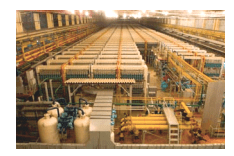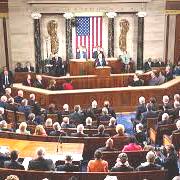(IPFM blog) (Co-authored with A. Glaser) The Forschungsreaktor München II (FRM-II) has been using Russian-origin highly enriched uranium (HEU) for many years. It has now become clear that since 2012 Russia has used its role as a supplier for FRM-II to justify production of fresh weapon-grade HEU. This poses a major problem for German policy on HEU purchase and is not consistent with international and German nuclear nonproliferation policy.
The FRM-II is one of the very few reactors that have been designed for the use of highly enriched uranium (HEU) since in the late 1970s when the efforts to eliminate this directly weapon-usable material from the civilian nuclear fuel cycle were launched. The choice of HEU as fuel led the United States to make clear that it would not supply this material for the reactor. While the FRM-II was under construction, the German Federal Government and the reactor operators in Munich therefore began to seek an alternative supply of HEU and, in 1998, the German Government entered into a first HEU supply agreement with Russia. Combined with some legacy material the operators were able to secure in Europe, the FRM-II was able to operate up until 2016-2017 with this original stock of HEU. To extend reactor operations beyond that date, a new agreement was negotiated with Russia to supply the HEU needed for FRM-II fuel fabrication in France. […]
Read More © IPFM blog










